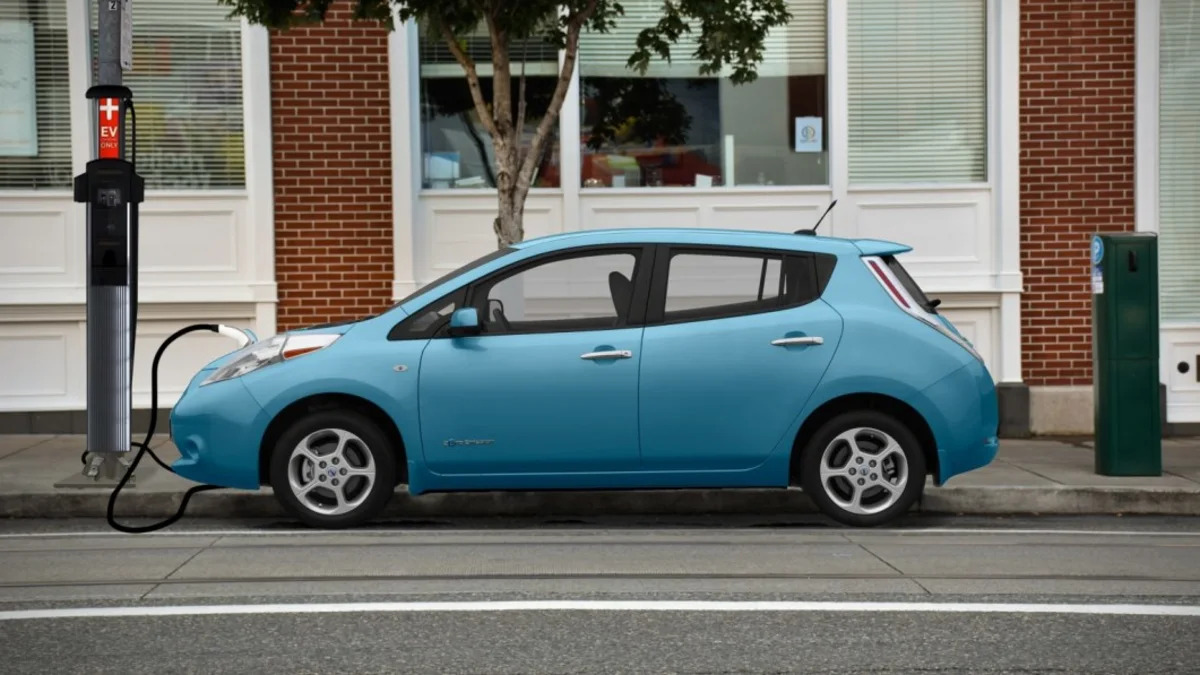Kansas City, Mo., is next in line to try installing EV chargers in streetlight poles. Cities around the world have been trying this for years, either as pilot projects or as part of an ongoing EV infrastructure buildout; Los Angeles has around 420 streetlight-mounted charging stations and only slowed its build schedule for the coronavirus. As with battery-electric vehicles, however, lightpole chargers haven't caught on yet. The nonprofit Kansas City Metropolitan Energy Center (MEC), working with energy utility Evergy, the Missouri University of Science and Technology (MUST), the National Renewable Energy Laboratory (NREL), Black & McDonald, nonprofit EV Noire, and LilyPad EV, wants to change that. By the end of this year, the MEC plans to have 30 to 60 chargers in place throughout the city as part of its Streetlight Charging in the City Right-of-Way pilot project.
Why streetlights? Because they are ubiquitous and could provide hours-long and overnight charging access to EV owners who can't charge at home, perhaps because they rent an apartment in a building without such a facility. Streetlights converted from sodium lamps to less power-hungry LED lighting also have a built-in advantage. The changeover usually doesn't involve replacing the cables powering the light, so the internals in many light poles can handle the excess energy demand of charging an EV battery. And a program in Montreal that installed chargers on the curb showed a "clear correlation between the presence of a charging station and, over time, the adoption of the EV in that area" according to a spokesman for the station installer. The conclusion comes from usage data received from the chargers that tracks new users.
After receiving a $1.2 million grant from the U.S. Department of Energy and adding in-kind contributions, the MEC has already spent three years in the design and planning stages. The nonprofit put a lot of work into figuring out where to put the chargers, trying to ensure distribution in places that would encourage EV adoption, that would "fill in some holes" in underserved areas, and where the community would treat the chargers properly. The MEC located all of the technically capable light poles, then worked with the NREL and MUST on maps of traffic patterns, demographics, density of rental units, EV adoption rates, air pollution, and more. Stacking the individual maps revealed a number of hot spots for installations. In June, the MEC held community outreach meetings to get feedback from specific neighborhoods.
Each pole selected gets one Level 2 charger rated at 240 volts AC, good for up to 20 miles of range per hour of charging. The MEC site says charging will cost 22 cents per kilowatt-hour, the same amount charged at Kansas City public charging stations. The MEC plans to collect usage data for a year after the installs and then assess, with the chargers remaining in place for "their useful lives."
Related video:


Sign in to post
Please sign in to leave a comment.
Continue